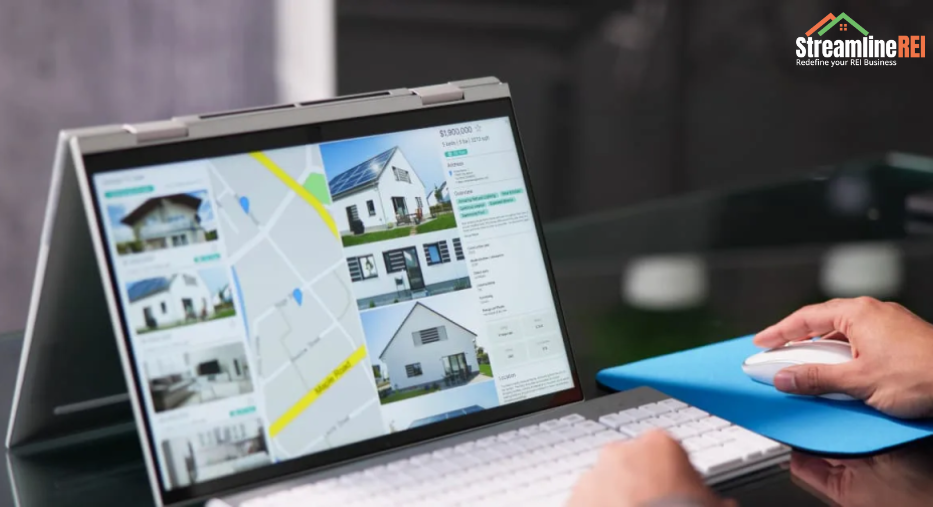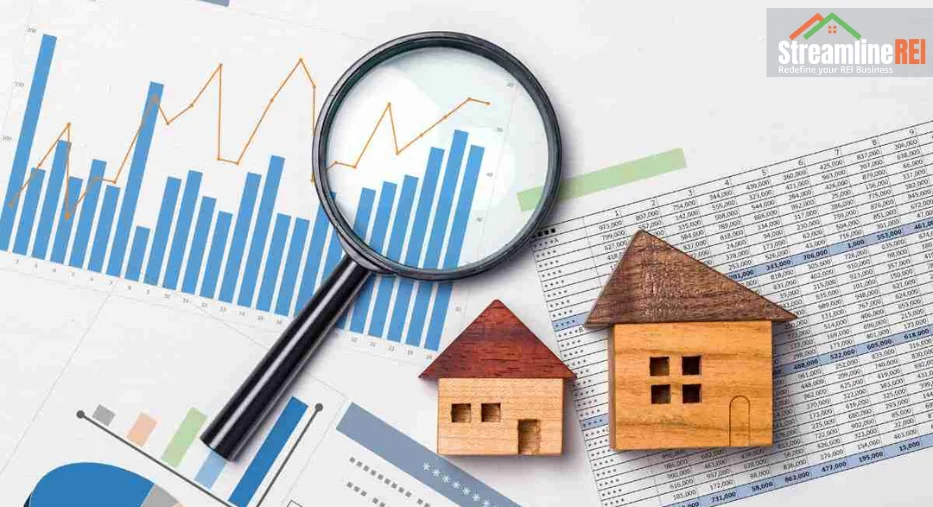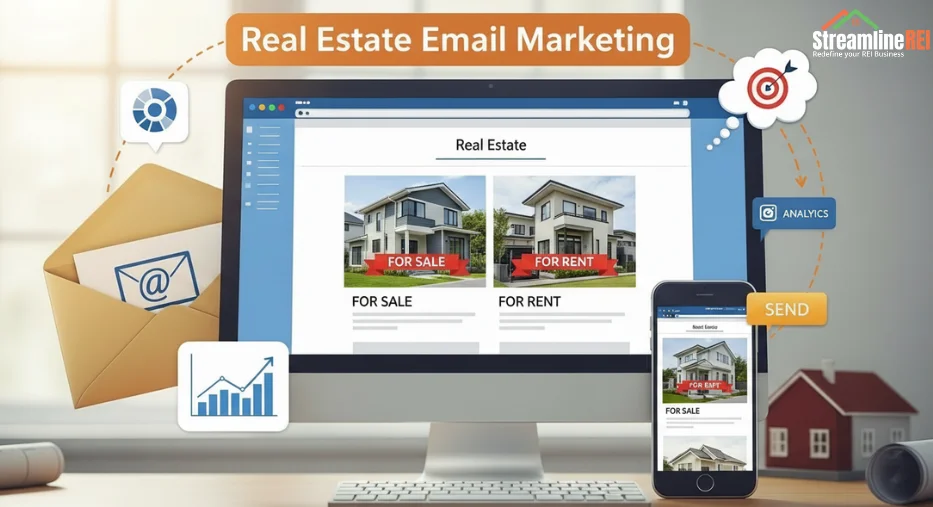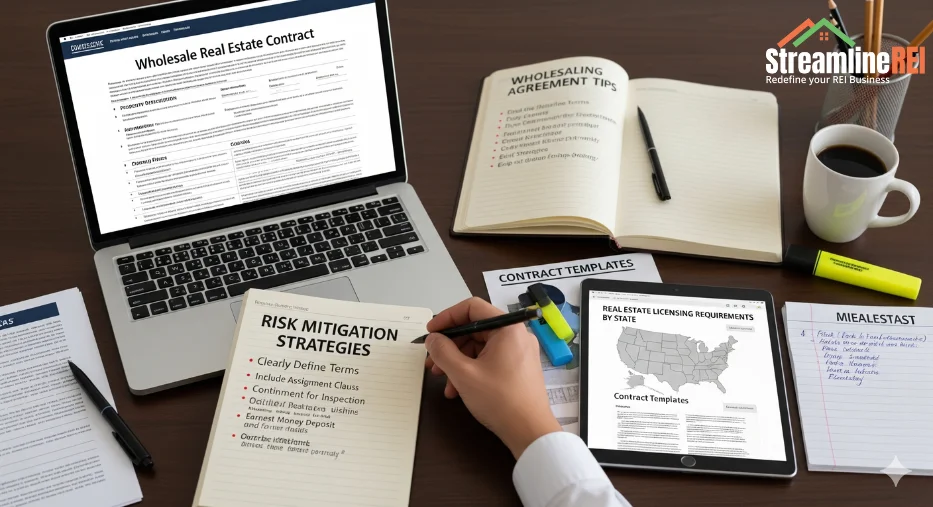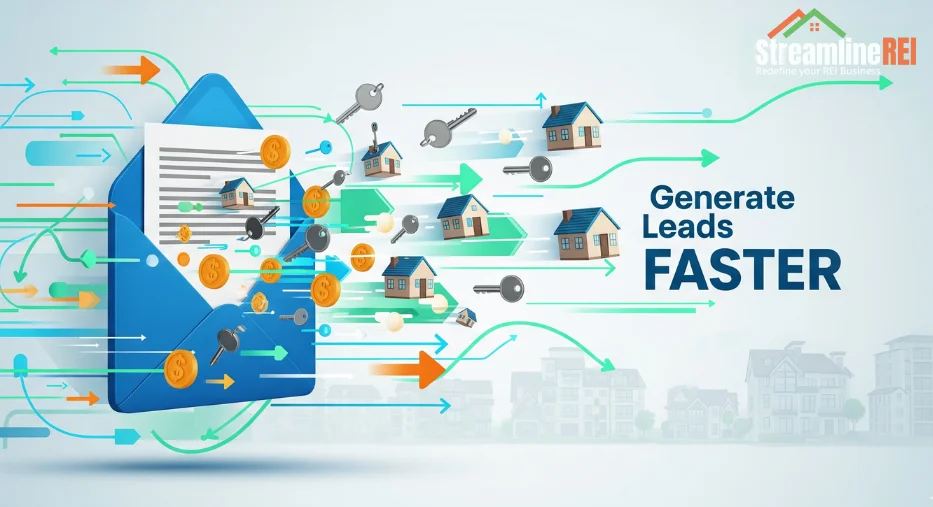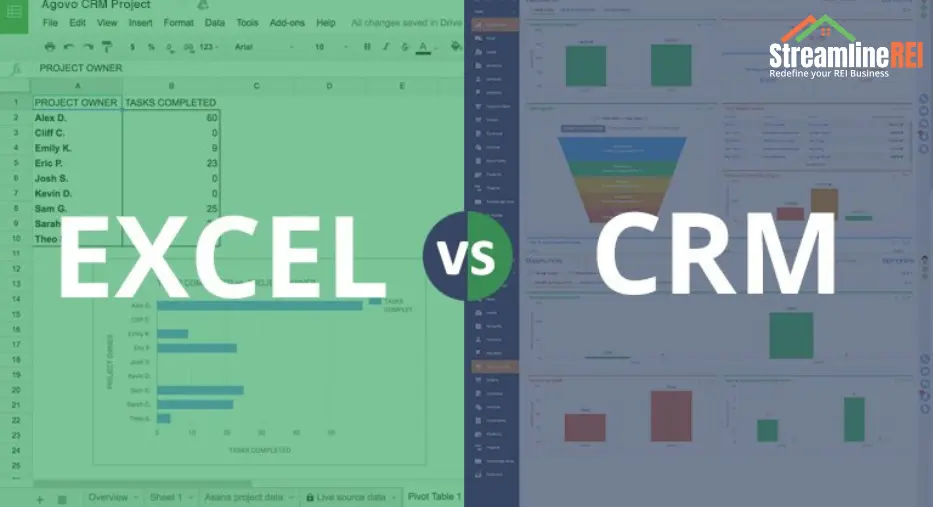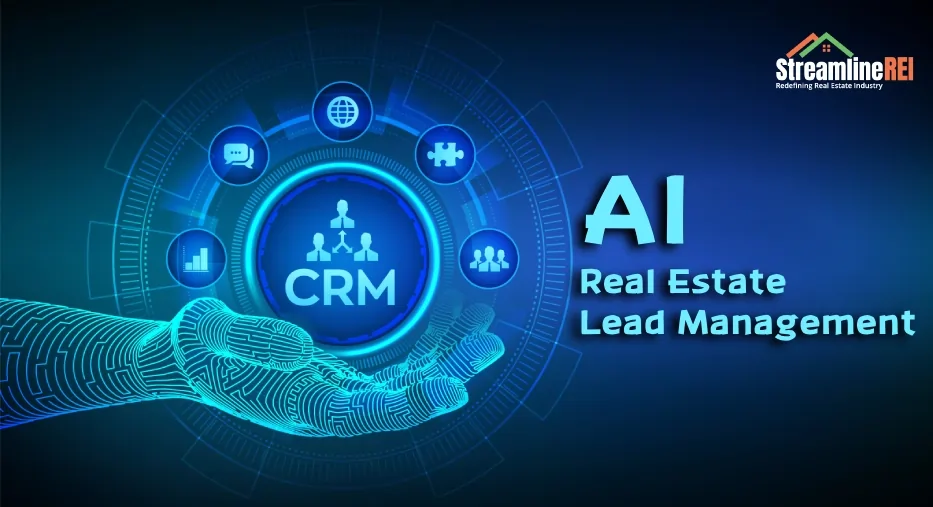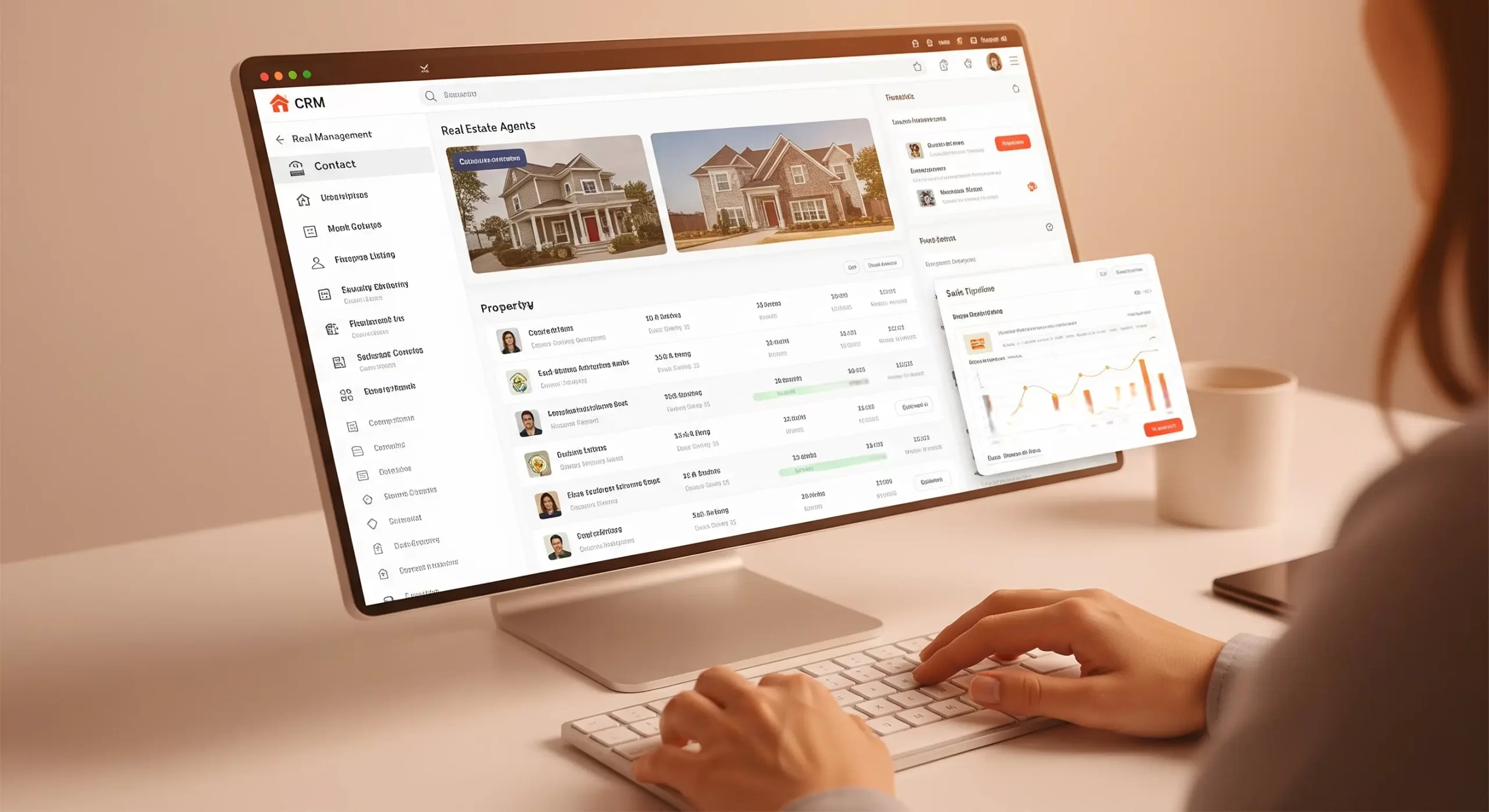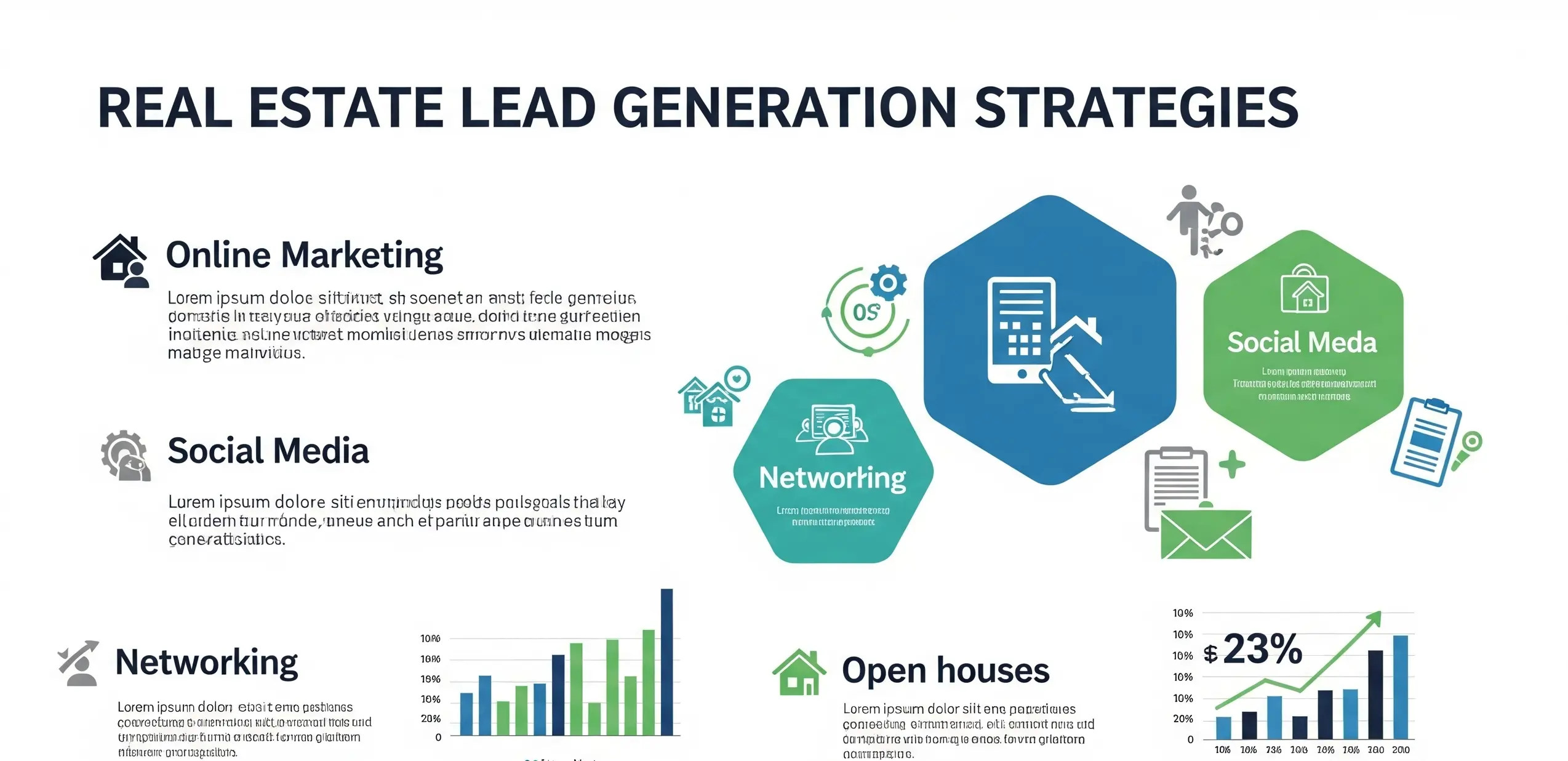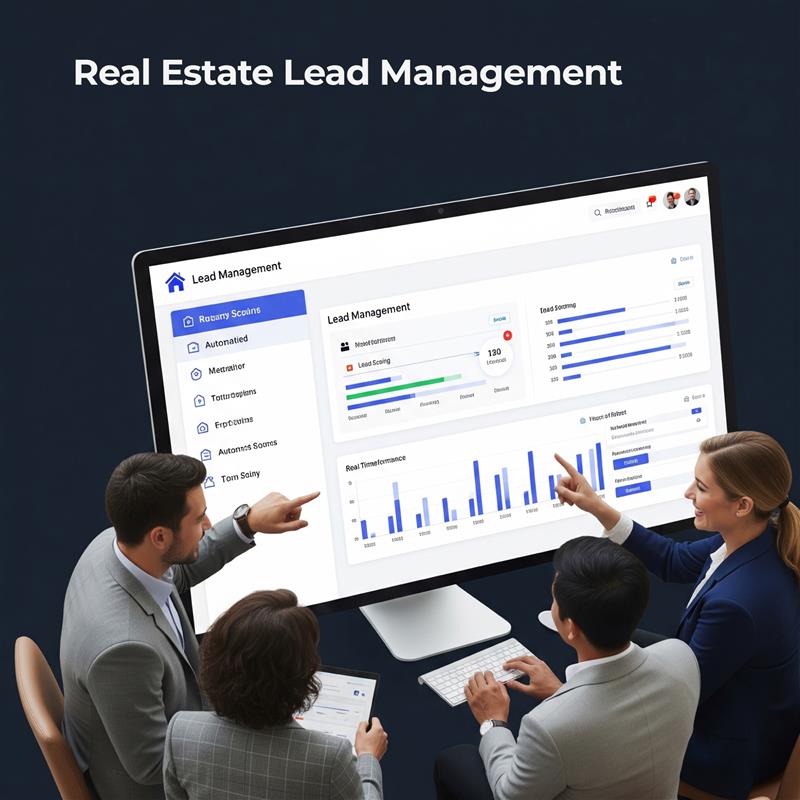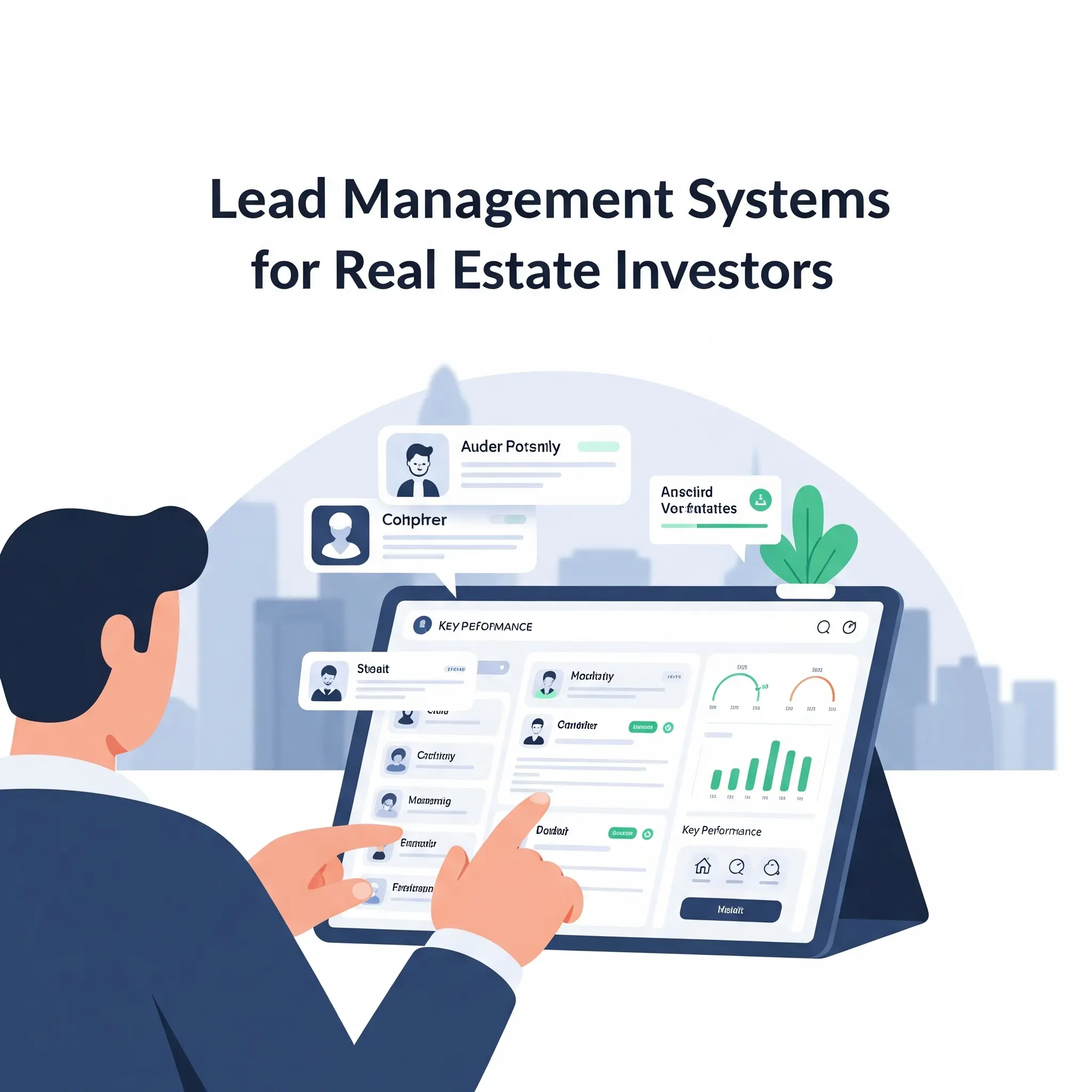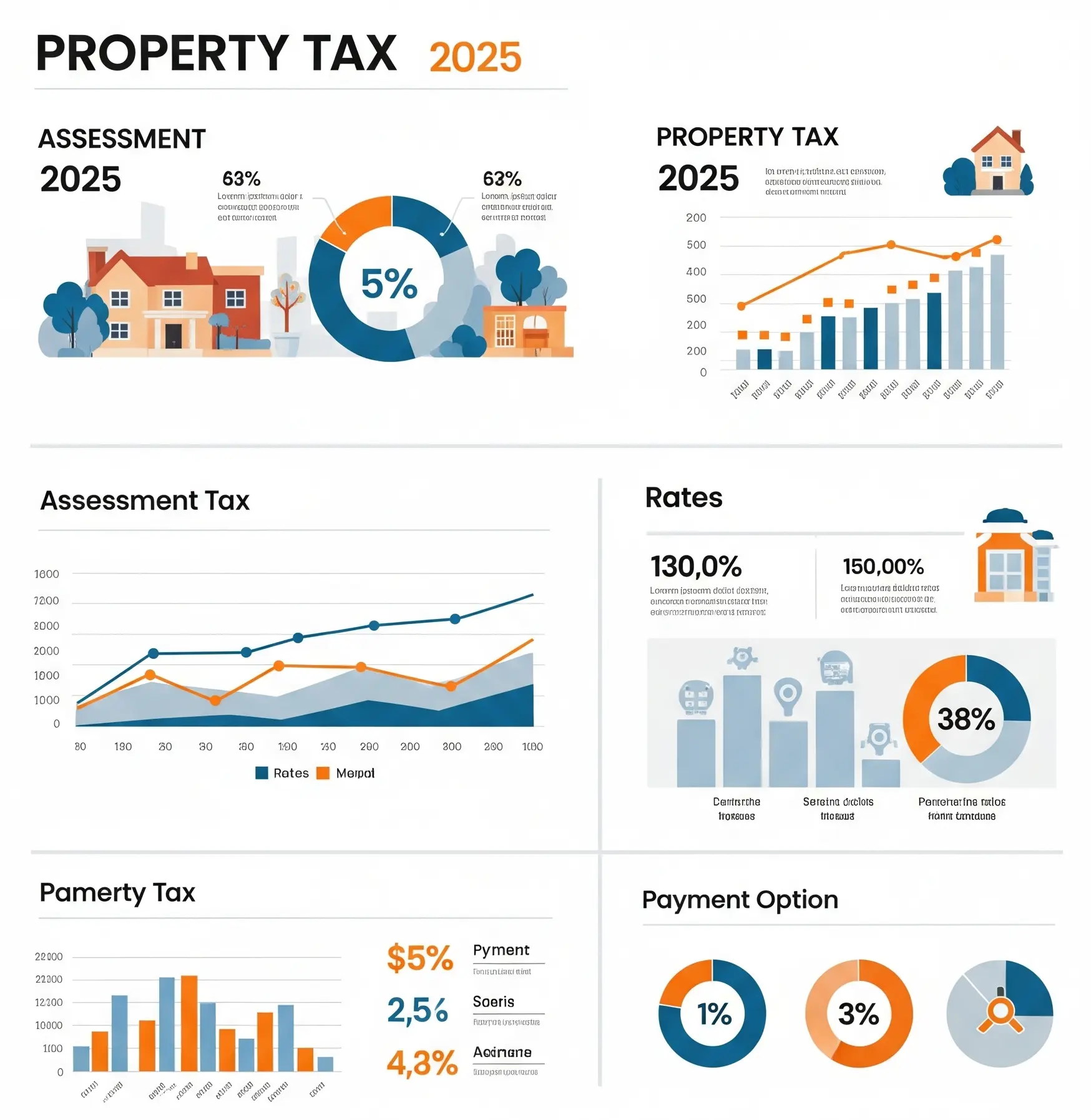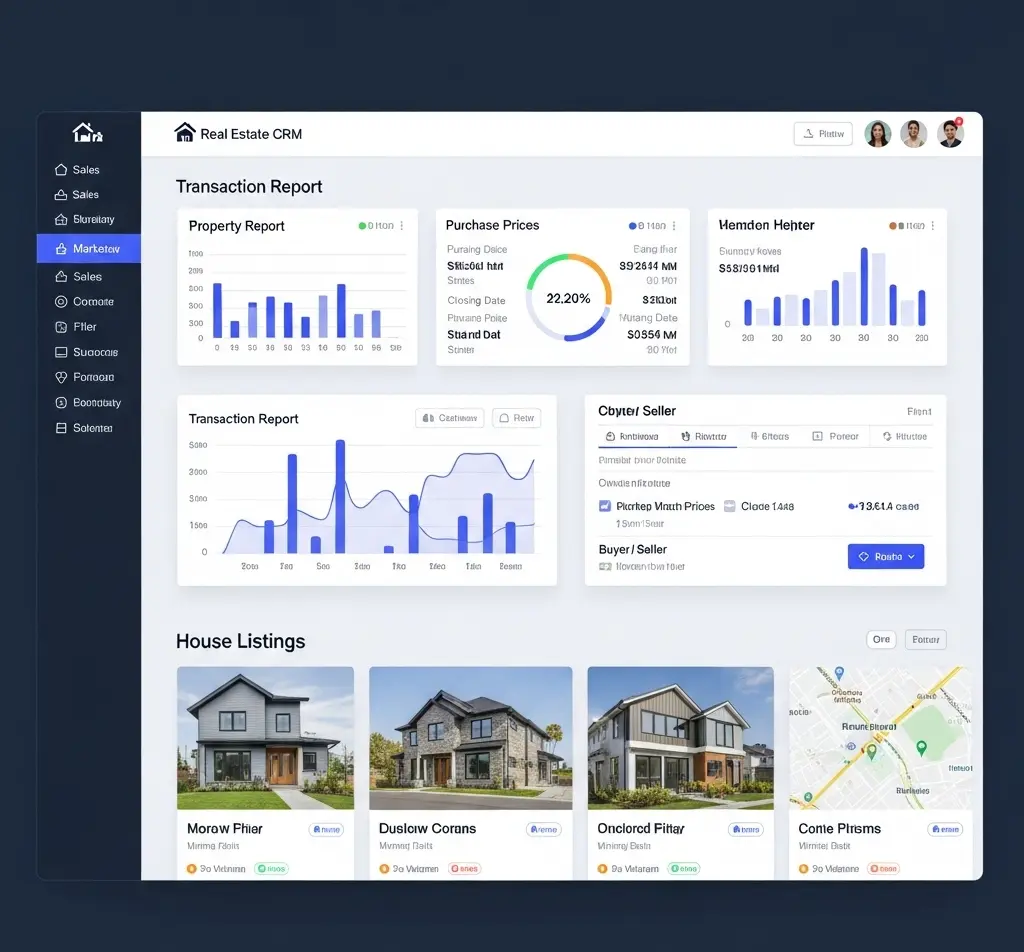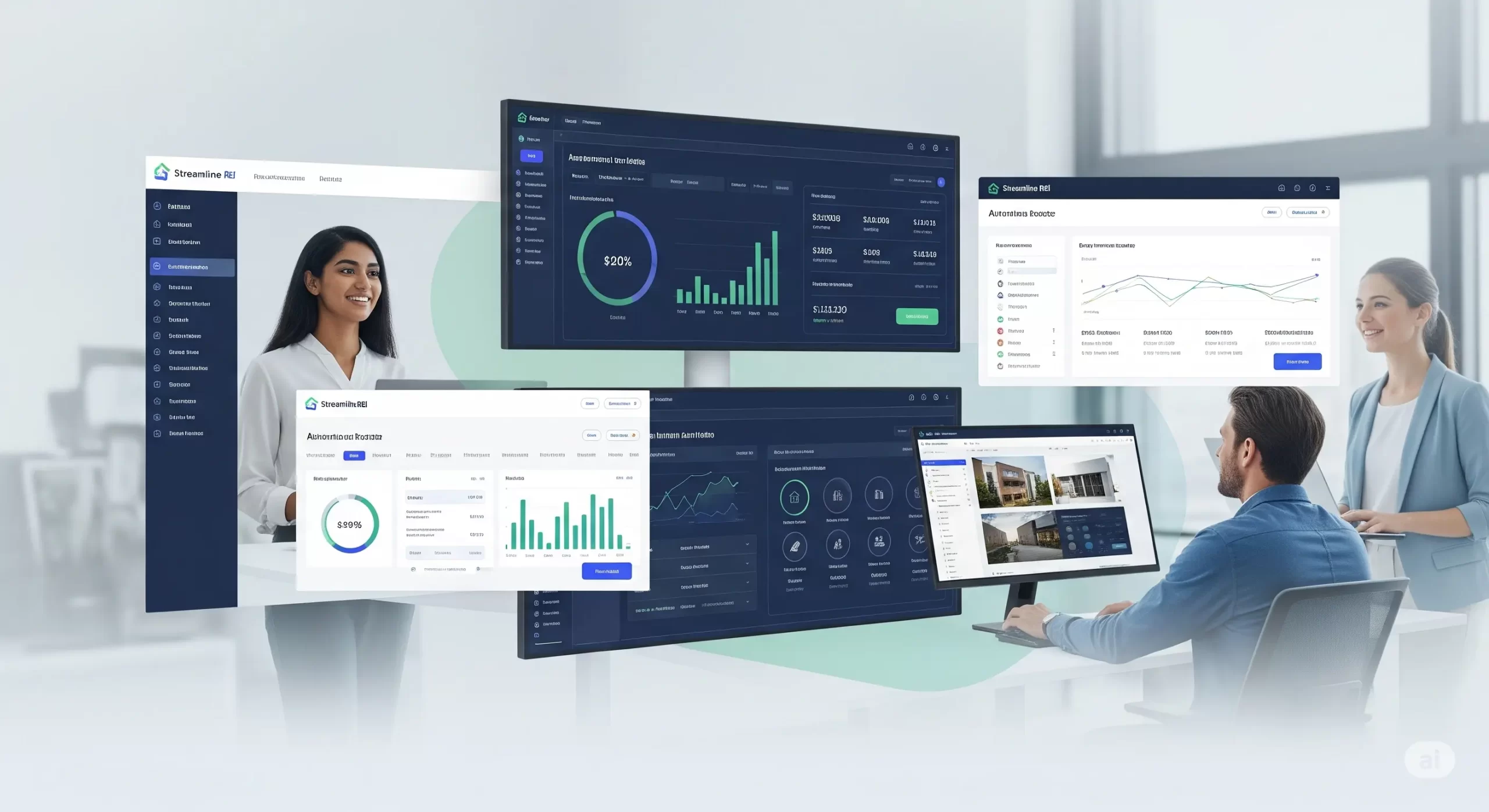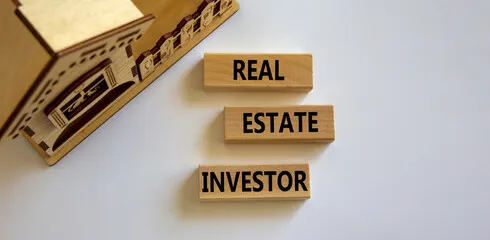News & Blogs
Home/Blogs
How to Manage Real Estate Leads in 2025 and Close Fast
- Lead Generation
- # May 7, 2025
- # 469 Views

Getting people interested in buying or selling a home is exciting. These interested people are called real estate leads. They are like gold for anyone working in real estate. But simply getting leads is not enough. What you do after you get a lead is what really counts. How you handle them, how you talk to them, and how you stay in touch make a huge difference.
In 2025, the real estate world moves fast. People look for homes online constantly. They expect quick answers. If you want to close more real estate deals fast, you need a strong plan for your real estate leads.
What Exactly Are Real Estate Leads?
A real estate lead is someone who has shown some interest in buying or selling property. They might have filled out a form on your website. They called you about a listing and could have walked into an open house. Or a friend told them to call you.
These leads are not all the same. Some might be ready to buy or sell right now. Others might just be thinking about it for the future. Some know exactly what they want, and others are just starting to look. Good real estate leads come in many forms. Learning to tell the difference is a big first step.
Why is Managing Real Estate Leads So Important?
Imagine you have a list of 100 people who said they might want to buy a house. If you just look at the list and do nothing, what happens? Those people will find someone else to help them. This is why you need to manage real estate leads well.
- No Wasted Chances
- Saving Time
- Building Relationships
- Closing More Deals
Simply put, knowing how to manage real estate leads is a core skill for success in 2025.
The Real Estate Sales Pipeline
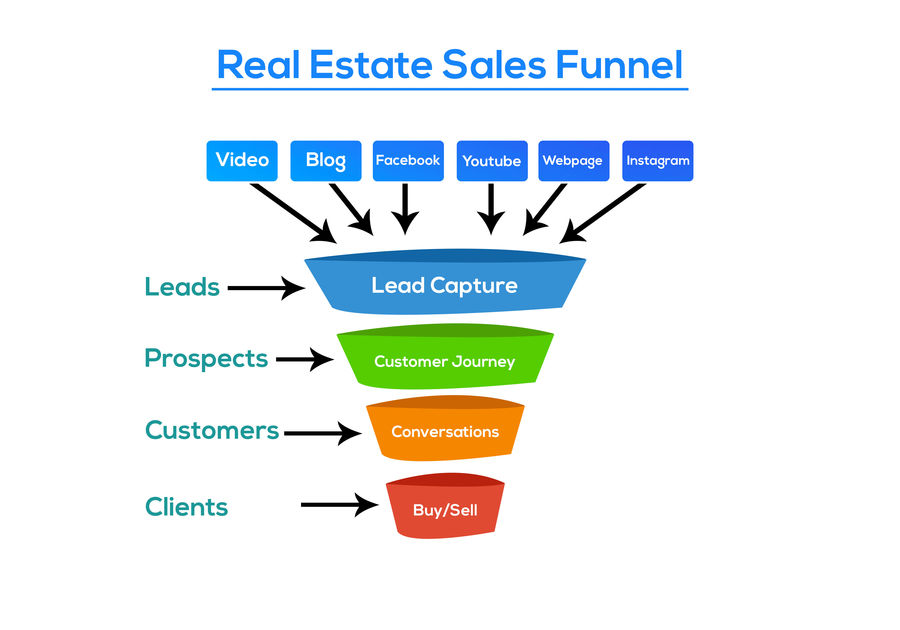
Think of your leads going on a journey. They start as someone who is just curious. They end up as a happy client who has bought or sold a house. The sales pipeline for real estate agents is a way to see this journey. It helps you know where each lead is in the process.
The steps usually look something like this:
- New Lead
- Contacted
- Engaged
- Qualified
- Showing/Meeting
- Offer/Contract
- Closing
- Closed
Tracking real estate prospects through these stages helps you know what to do next for each person.
How to Manage Real Estate Leads Effectively
Let’s break down how to handle your real estate leads.
Step 1: Capture Every Lead
Make it easy for people to contact you. You must have a clear contact form on your website. Make your phone number easy to find. After that, respond to online messages quickly. Use landing pages for specific properties. Wherever a lead comes from, make sure you get their contact info.
Step 2: Respond Very, Very Quickly
This is one of the biggest real estate lead conversion tips. When someone reaches out, they are interested right now. If you wait hours or a day to call back, they might have already talked to someone else. Studies show that responding within 5 minutes makes you much more likely to connect. Your inbound lead response time matters a lot, and you have a plan to contact new leads right away.
Step 3: Learn About Your Leads (Qualify Them)
Not every lead is ready. Some are just looking. Some cannot buy or sell yet. Talk to them and ask questions to understand what they need.
- Are they looking to buy or sell?
- What is their timeframe?
- Do they have a budget or price range in mind?
- Are they already working with another agent?
This helps you figure out if they are serious and if you can help them now. It enables you to see if they are cold vs warm leads. Warm leads are closer to doing business.
Step 4: Keep Your Leads Organized (Contact Segmentation)
Once you have leads, you need to remember who is who. A messy list is useless. Group your leads in the following way.
- Buyers vs. Sellers
- Hot leads (ready now) vs. Warm leads (in a few months) vs. Cold leads (just looking)
- By price range or location they like
- Where they came from (website, referral, etc.)
This is contact segmentation. It lets you send the right message to the right group of people.
Step 5: Use a System to Help You
Trying to remember every lead and every conversation in your head or on messy papers is hard. This is where a good system comes in. The best lead management system for real estate is key.
Most real estate pros use a CRM (Customer Relationship Management) system. A CRM for real estate agents 2025 is a special type of software. It helps you:
- Store all your lead information in one place.
- See every time you contact a lead (calls, emails, texts).
- Set reminders to follow up.
- Keep leads organized in your pipeline.
- Automate some tasks.
Think of a CRM as your central hub for managing real estate leads.
Step 6: Stay in Touch (Lead Nurturing in Real Estate)
Not all leads are ready on day one as many need time. You need to stay on their radar without being annoying. This is called lead nurturing. You provide value over time. Send them helpful information.
- Market updates for their area.
- Tips for buying or selling a home.
- New listings that match what they are looking for.
- It is just a simple check-in call or email.
The goal is to be the person they think of when they are ready.
Step 7: Automate Your Follow-Up
Doing all the follow-up yourself for many leads takes hours. This is where automated lead follow-up helps. Many CRM systems let you set up automated messages.
You can create drip campaigns for real estate. These are a series of emails or texts that go out automatically after someone becomes a lead. For example, a new buyer lead might get:
- Email 1 (right away): “Thanks for reaching out! What neighborhoods are you interested in?”
- Email 2 (2 days later): “Here’s a guide to buying a home in this market.”
- Email 3 (5 days later): “Check out some homes that are just listed in your price range.”
This keeps you in front of leads consistently, even when you are busy.
Step 8: Know Which Leads are Hottest (Lead Scoring)
Some leads are more interested than others. A lead who visits your website every day and clicks on property listings is hotter than someone who just downloaded a free guide six months ago. Lead scoring is a way to give points to leads based on their actions. Leads with higher scores are likely more ready to do business. This helps you focus your time on the most promising leads. Tracking real estate prospects and their activity feeds into this.
Step 9: Move Leads Through Your Pipeline
Use your sales funnel for a real estate agent’s view. Keep track of where each lead is. What is the next step for this lead? Do they need a call? Should you send them listings? Are they ready to make an offer? Actively work to move leads from one stage to the next.
Step 10: Close the Deal Faster

Good lead management leads to faster deals.
- Fast response means you connect before other agents.
- Knowing your leads means you show them the right properties.
- Consistent follow-up keeps them engaged.
- Using a CRM helps you stay organized and not miss steps.
These real estate lead conversion tips help you guide leads smoothly to closing.
Tools That Help Manage Real Estate Leads
You can start managing leads with a simple spreadsheet. But as you get more leads, you need better tools.
A CRM for real estate agents in 2025 is the best way to go. These systems are built for the real estate business. They help you with contact segmentation, automated lead follow-up, tracking interactions, and managing your pipeline.
Look for the best lead management system for real estate that:
- It makes it easy to add new leads.
- Tracks calls, emails, and texts.
- It lets you group leads.
- Offers automation for emails and texts.
- Shows you your sales pipeline clearly.
- It works on your phone so you can use it anywhere.
There are many CRMs out there. Find one that fits how you work. Having the right tools makes managing your real estate leads much simpler.
Follow-Up Strategies for Real Estate Leads
Consistent follow-up is where many agents fall short. It feels like bothering people. But good follow-up is about providing value.
- Mix It Up: Don’t just call. Send emails, texts, and even a quick video message. See what they respond to.
- Be Helpful: Share market info. Answer questions. Offer to look up property details. Be a source of help, not just someone asking, “Are you ready to buy yet?”
- Be Timely, Not Annoying: Don’t contact them every single day. Space out your messages. Drip campaigns for real estate help with this.
- Remember Details: Use your CRM to note things about them. Their kid’s name, their dog, their favorite sports team. Bring it up naturally. Personalization makes a big difference.
- Know When to Stop (For Now): If a lead is truly cold and not responding after many attempts, move them to a long-term nurture group. Do not give up forever, but focus your main effort on warmer leads.
“Fortune is in the follow-up,” say experienced real estate pros often. It is true. Consistent, valuable follow-up sets the best agents apart.
Real Estate Lead Management in 2025
What is special about managing real estate leads today? Technology is changing things.
- AI in CRMs: Some systems use AI to help score leads or suggest the best time to contact someone. Real estate CRM automation is getting smarter.
- More Data: We have access to more data about market trends and lead behavior. Use this data to personalize your message and timing.
- Speed is King: People expect instant answers from their phones. Being fast with your inbound lead response time is more important than ever.
- Content is Key: Providing valuable information (through email, social media, blog posts) helps you build trust and nurture leads.
The core ideas of building relationships and following up are old. However, the tools and speed of 2025 mean you must adapt how you manage real estate leads. Using a modern system helps a lot with this.
Common Challenges in Managing Leads

It sounds simple, but it is hard work.
- Too Many Leads
- Not Enough Time
- Knowing What to Say
- Staying Organized
These challenges are why a planned approach, and the right tools are needed.
Closing More Deals Fast
When you manage real estate leads well, the payoff is big.
- You waste less time on leads that are not serious.
- You build stronger connections with potential clients.
- You are the agent they remember when they are ready.
- Your sales pipeline flows smoothly.
- You close real estate deals faster.
Effective lead management is not just busy work. It is a direct path to growing your real estate business. It is how you turn effort into income. StreamlineREI provides tools designed to help real estate professionals manage leads more efficiently.
Conclusion
Getting real estate leads is just the start. The true skill, especially in 2025, is knowing how to manage real estate leads effectively. Respond fast. Qualify your leads. Organize them well using contact segmentation. Use a good CRM for real estate agents in 2025. Nurture them with valuable info through drip campaigns for real estate and automated lead follow-up. Track their progress through your sales funnel for real estate agents. Prioritize using lead scoring.
This work takes time and effort. But it builds trust. It keeps you top of mind. It helps you convert more cold vs warm leads into clients. And most importantly, it helps you close more deals faster. By focusing on these steps and using the right tools, you can turn your list of prospects into a thriving real estate business this year and beyond.
Frequently Asked Questions
What are drip campaigns?
Drip campaigns for real estate are an automated series of emails, texts, or voicemails sent to leads over a set period. For example, a new buyer lead might automatically get helpful emails about the buying process spread out over a few weeks.
Is it okay to automate all my follow-ups?
Automation is great for consistency and saving time, but do not automate everything. Use automation for initial responses and regular check-ins. But make sure to add personal calls, emails, and texts too. People want to talk to a real person, especially in real estate.
How do I organize real estate leads efficiently?
Use a CRM system! Use contact segmentation to group leads by status (hot, warm, cold), interest (buyer, seller, investor), location, or source. Keep all notes about your conversations in the CRM. Track their progress through your sales pipeline.
Can managing leads really help me close deals faster?
Yes, absolutely. Good management means less time wasted trying to figure out who to call or what to say. You respond quickly to new opportunities. You focus your efforts on the most ready leads. You guide them smoothly through the process because you know where they stand. This speeds up the entire transaction. Closing real estate deals faster starts with how you handle your leads from day one.








